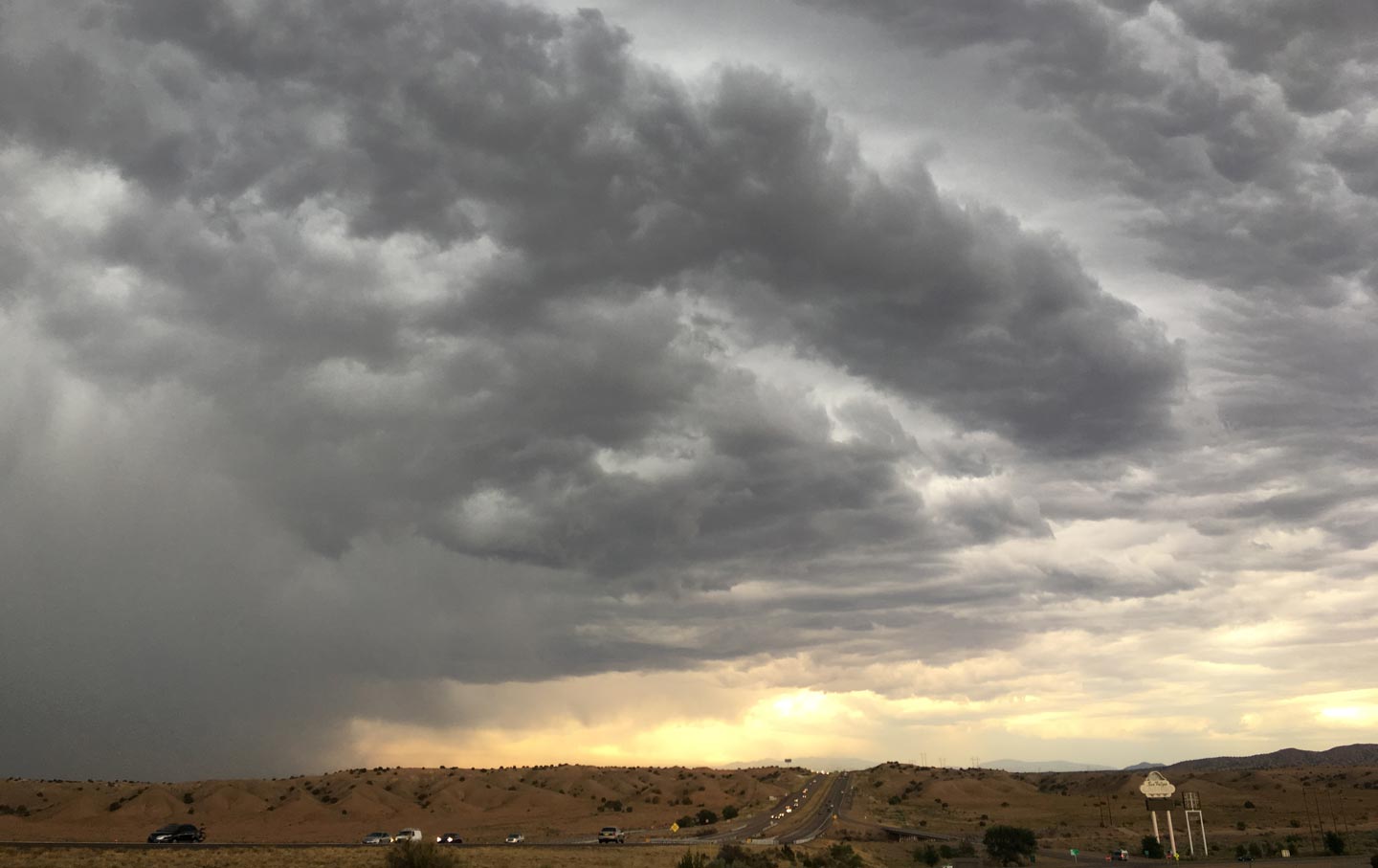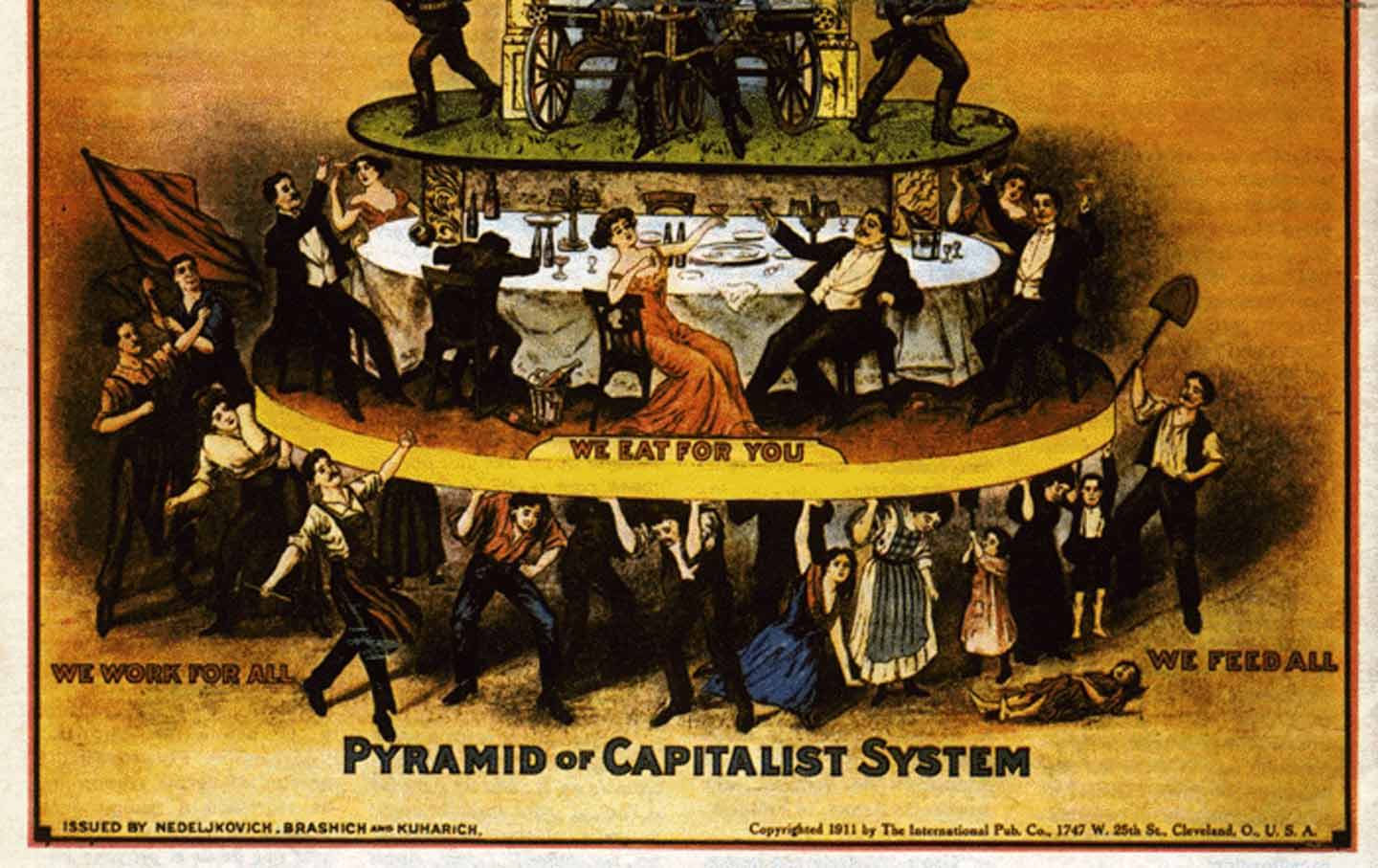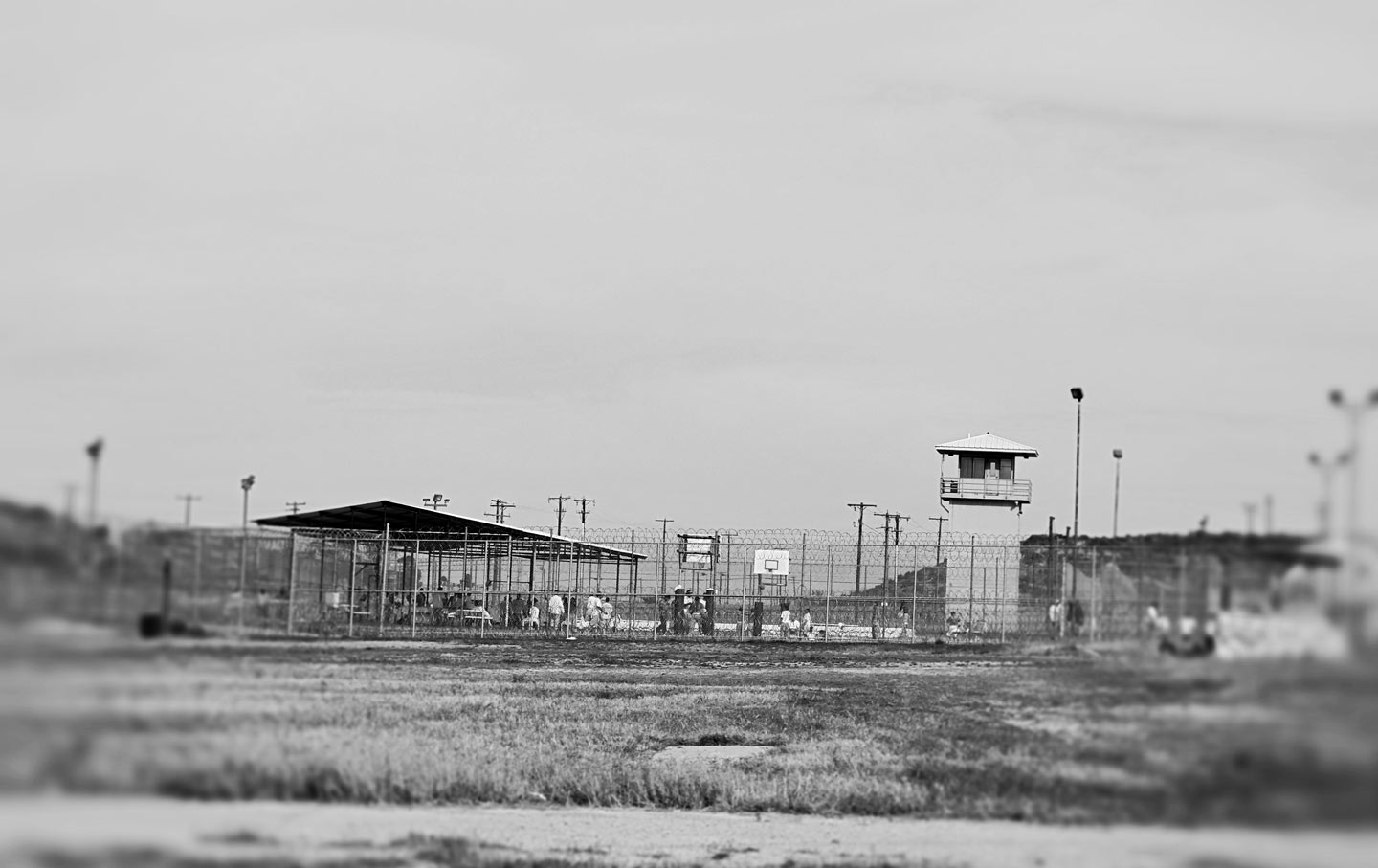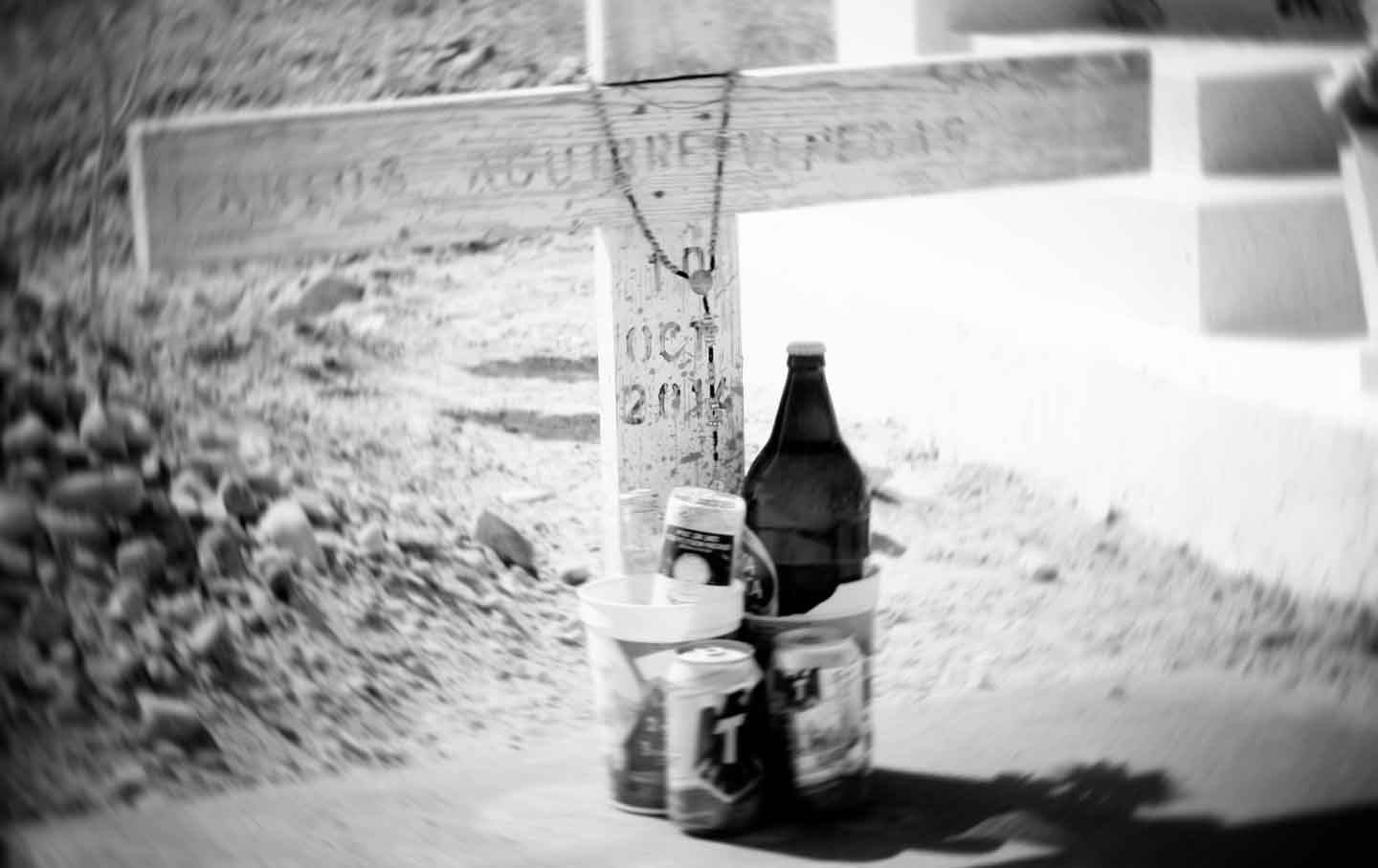
Welcome to the Fight Welcome to the Fight
If we withdraw into our grief and abandon those most threatened by Trump’s win, history will never forgive us.
Nov 9, 2016 / D.D. Guttenplan

The Feds Will Shut Down the Troubled Private Prison in a ‘Nation’ Investigation The Feds Will Shut Down the Troubled Private Prison in a ‘Nation’ Investigation
The facility is among several in which our reporting has uncovered dozens of deaths that involved substandard medical care.
Aug 15, 2016 / Seth Freed Wessler

What Happened to Sandra Bland? What Happened to Sandra Bland?
To answer that question, you must begin way before she died in a Texas jail.
Apr 21, 2016 / Feature / Debbie Nathan

Why Hillary Clinton Doesn’t Deserve the Black Vote Why Hillary Clinton Doesn’t Deserve the Black Vote
From the crime bill to welfare reform, policies Bill Clinton enacted—and Hillary Clinton supported—decimated black America.
Feb 10, 2016 / Feature / Michelle Alexander

My Generation’s Best Chance Is Socialism My Generation’s Best Chance Is Socialism
You don’t need a $200,000 college degree to know when you’re getting screwed.
Feb 8, 2016 / Sarah Leonard

‘This Man Will Almost Certainly Die’ ‘This Man Will Almost Certainly Die’
Dozens of men have died in disturbing circumstances in privatized, immigrant-only prisons. The Bureau of Prisons itself says there’s a problem. And yet the privatization scheme con...
Jan 28, 2016 / Feature / Seth Freed Wessler

The 25 Men Whose Lives Ended Under Questionable Circumstances The 25 Men Whose Lives Ended Under Questionable Circumstances
Medical doctors agreed that inadequate care likely contributed to the premature deaths of these men inside the Bureau of Prison’s private facilities.
Jan 28, 2016 / Seth Freed Wessler

January 4, 2007: Nancy Pelosi Becomes the First Woman Elected Speaker of the House of Representatives January 4, 2007: Nancy Pelosi Becomes the First Woman Elected Speaker of the House of Representatives
“She will be aided if others turn up the heat on her, raising their expectations for what Democrats can achieve.”
Jan 4, 2016 / Richard Kreitner

How Bernie Sanders Should Talk About Democratic Socialism How Bernie Sanders Should Talk About Democratic Socialism
Instead of looking to Europe, Sanders could evoke the rich heritage of American radicalism.
Oct 21, 2015 / Eric Foner

Radical Histories: Waging Peace in the Pages of ‘The Nation’ Radical Histories: Waging Peace in the Pages of ‘The Nation’
For 150 years The Nation has refused to join the war party, instead urging skepticism, sobriety and pragmatism in the use of force for political ends.
Sep 8, 2015 / The Nation
